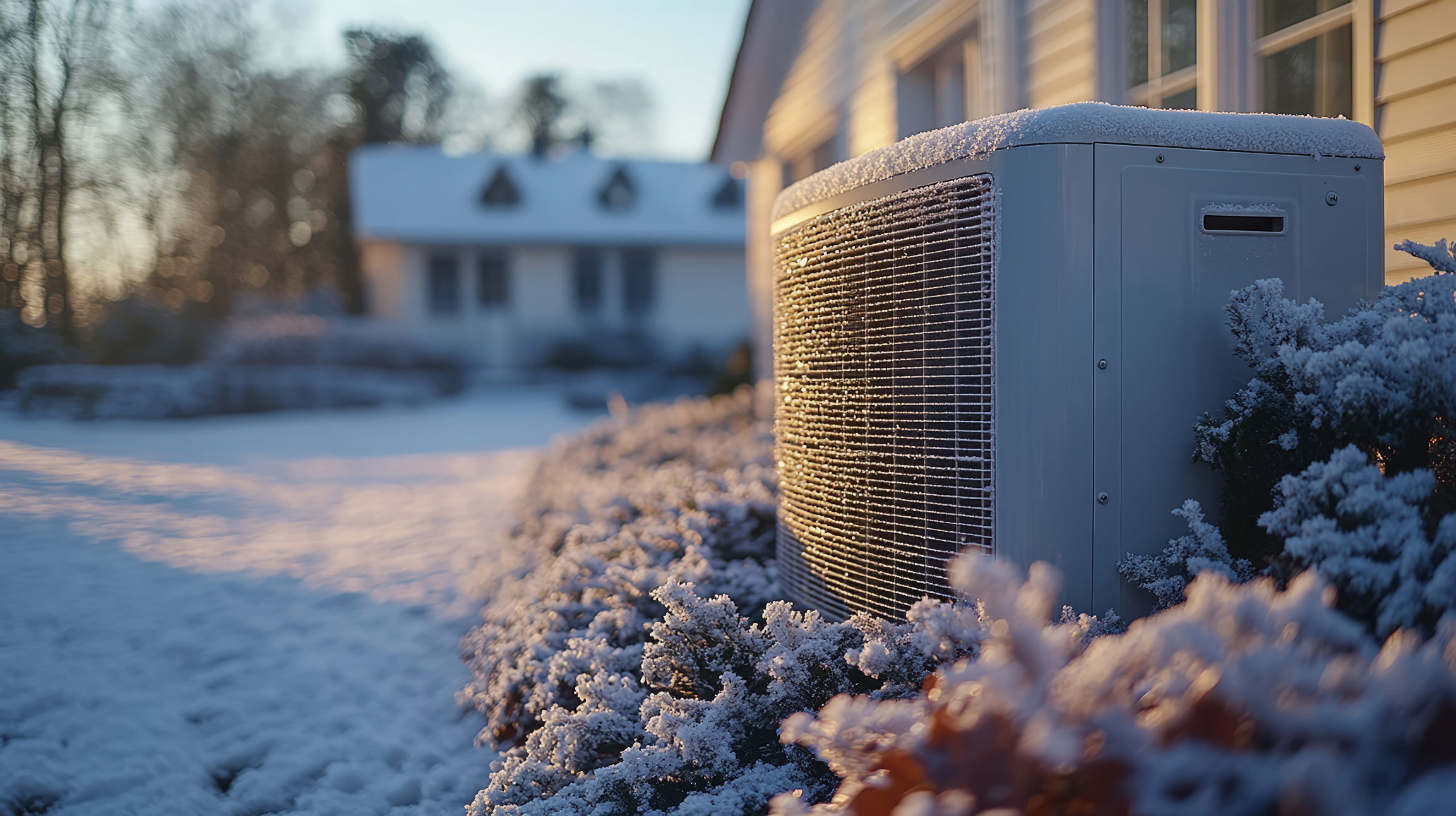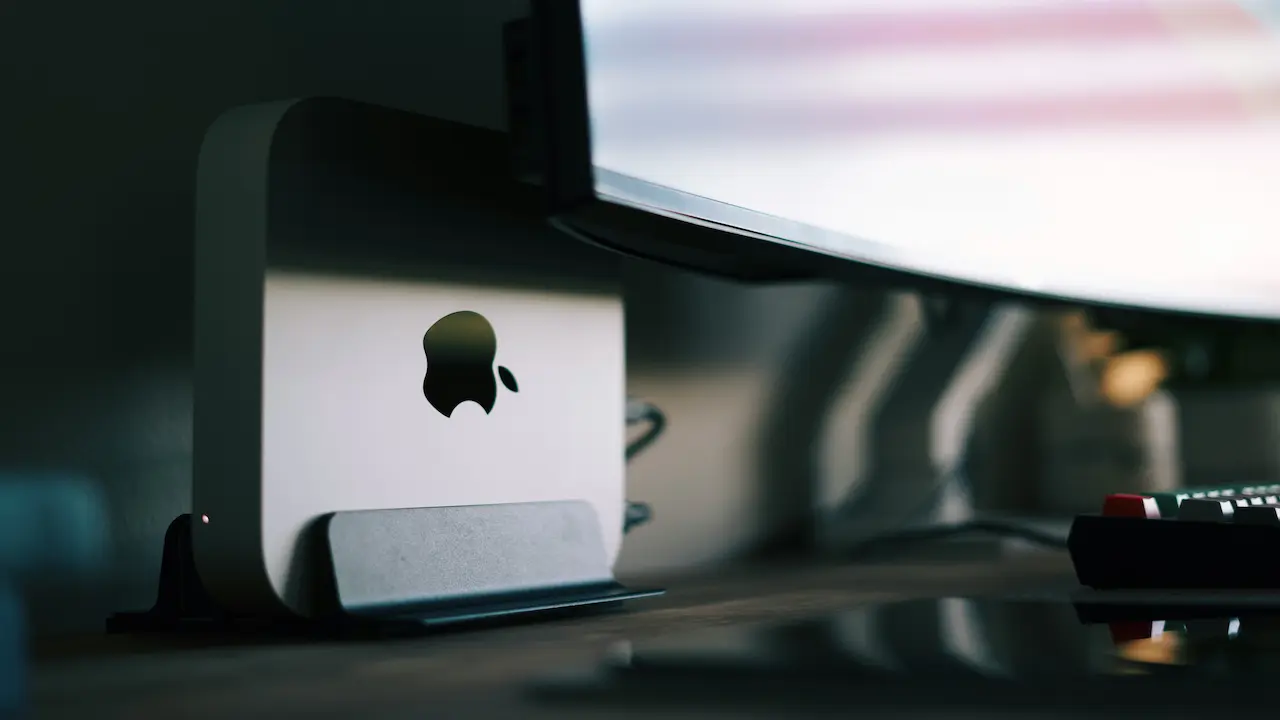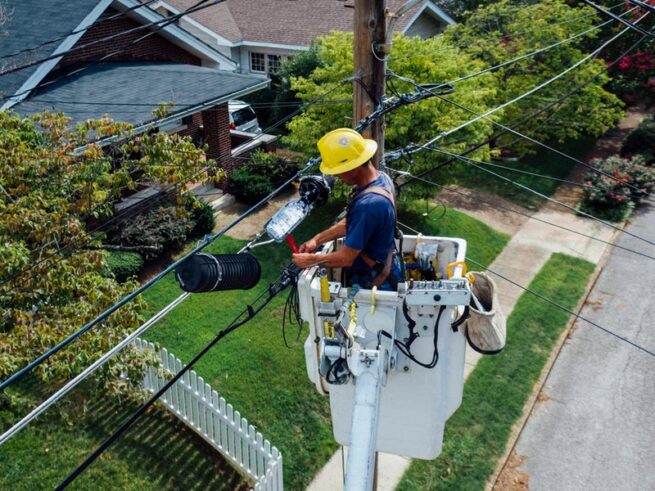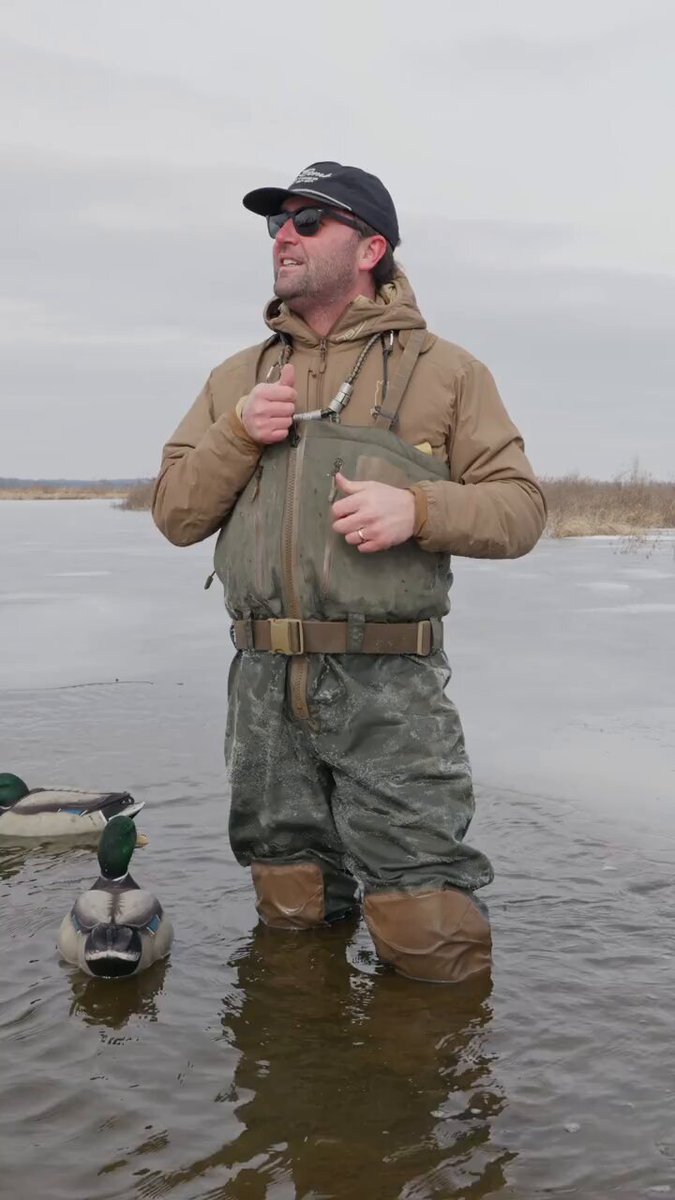
It’s most homeowner’s worst nightmare – a boiler breakdown right on the coldest day of winter. This means a freezing home and no hot water, and perhaps it’s on a weekend, the middle of the night or another inconvenient time when it’s difficult to get a tradesperson out.
To help you get emergency help as fast as possible, we’ve put together a quick guide on what to do if your boiler breaks down in winter.
This includes tips on checking and troubleshooting the boiler, finding an emergency heating engineer and staying warm and safe until it gets sorted.
Check the Boiler
The first step is to take a look at the boiler:
- Check for any potentially dangerous issues. Is the pilot light flame yellow or flickering? Are there any signs of soot on or around the boiler? Can you smell gas? Is the boiler making any loud banging, whistling or clanging noises? If you spot any of these, it’s important to switch your boiler off right away until you can get professional help.
- Make a note of any error or fault code that the boiler is displaying. You can look it up, as well as letting your heating engineer know – this will give them a good idea of what’s wrong, potentially making the problem quicker to fix.
Try DIY Fixes (Only If Safe)
As long as there aren’t any worrying signs of a more dangerous problem (as discussed above), you may be able to resolve the issue yourself. Although of course, it depends on what’s wrong.
Common boiler problems can include:
- Low water pressure – this can be fixed simply by topping up the pressure using the boiler’s filling loop. If it drops again though, it could be a sign of a leak.
- Frozen condensate pipes – if the breakdown has happened on a cold day/night, it could be caused by a frozen pipe. If you can access it safely, you may be able to thaw the pipe with hot (not boiling) water. If your hot water has gone off – you can boil a kettle and then let the water sit for a while before using it to thaw the pipe.
- Thermostat issues – if there’s been a power cut or your thermostat has been knocked or damaged, your timer or schedule settings may have been interrupted. Check if this is the case, and you may be able to get things working again.
You can also have a read of your boiler’s manual, to see if there are any troubleshooting tips you can try.
Just remember that it’s not safe to attempt any more advanced boiler fixes than those mentioned above, and only then if you’re confident enough. If in doubt, always leave it to a professional heating engineer.
Call a Heating Engineer
The first place to try is your home emergency cover, if you have it. If not, check your home insurance in case boiler breakdowns are covered.
Otherwise, you’ll need to call an emergency heating engineer. Make sure to check that they are Gas Safe registered, and enquire about any callout fees. If it’s out of hours and you can manage until working hours, you could save money.
Keep Warm and Stay Safe
While you’re waiting for help to arrive, you might want to layer up, make use of electric heaters if you have them and use hot water bottles to stay warm.
Remember though, if you smell gas or a member of the family has fallen ill and you’re worried about carbon monoxide fumes, you need to vacate the property immediately and call the National Gas Emergency Service Provider (ESP) on 0800 111 999.





More Stories
Using a refurbished MacBook as digital signage or an information kiosk
Building Made Easy: How Construction Loans Support Your Project
Trusted Electrician-Pflugerville Services for Homes and Businesses